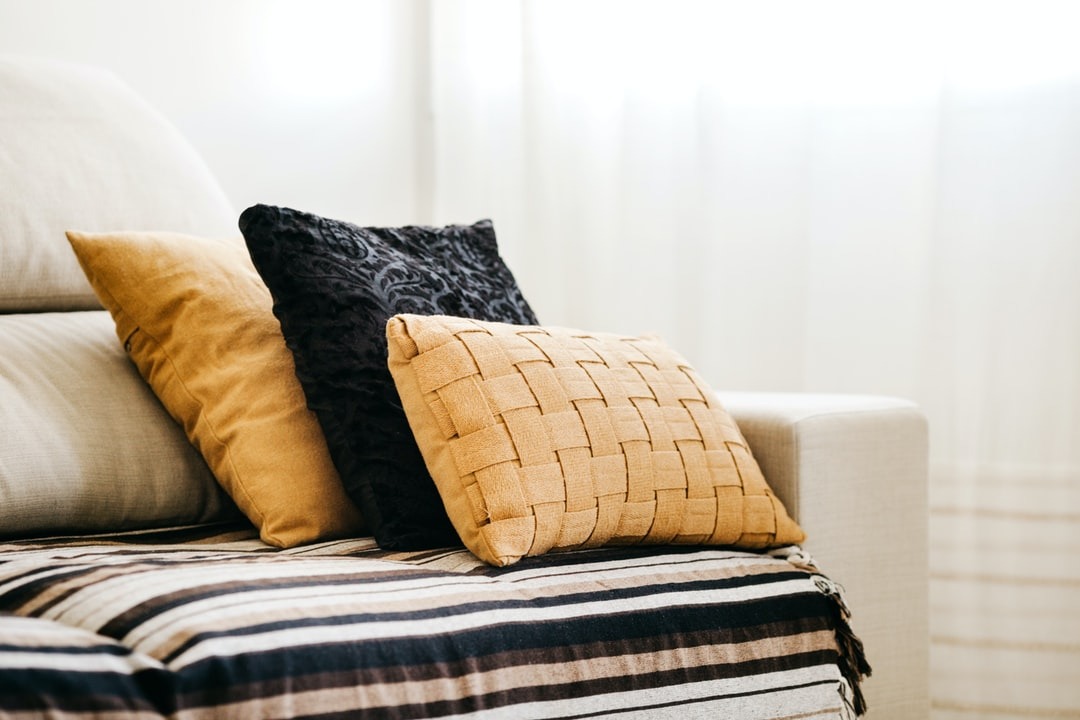
Sleep is an essential part of life; we depend on it to function on a day-to-day basis. However, some people feel that falling asleep is impossible. When we have sleepless nights, we toss and turn and try to redirect our feelings so we can get some rest, even if it’s only five minutes or an hour. But is there a better way we can get to sleep so we can avoid the annoyance of tossing and turning all night long?
Control Factors During Your Waking Hours
We’re all taught that the average person needs to sleep for eight hours each night. However, according to the Time Magazine article “Individual Circadian Clocks Might Be the Next Frontier of Personalized Medicine,” the need for sleep varies. Some people need more than eight hours, and others feel just fine on less. However, there are various habits you can adopt during your waking hours that can make a significant difference in your ability to get restful sleep, including:
#1. A Daily Routine
Maintaining a daily routine, including getting up and going to bed at roughly the same time every day, including during the weekend, can help you get better sleep. Establishing a schedule will help your brain and body “know” when it’s time for sleep. According to Harvard’s article “Adopt Good Sleep Habits” on their GetSleep site, you may see that your sleep quality improves when a consistent sleep-wake schedule has been established. This may seem like an impossible task for those who struggle with going to sleep, but it is a first step toward getting in sync with your body’s natural cycle.
#2. Creating a Bedtime Routine
Establishing an evening or bedtime routine can also promote restful sleep. Make the last hour before bed peaceful. Many people find it helpful to put phones, tablets, and other electronic devices away an hour before bed. Try reading rather than watching television. An evening routine will help you get in the mood for sleep.
#3. Being Mindful of What Goes In Your Body
What we eat and drink during our waking hours can also affect our sleep. Reducing the amount of caffeine you consume can improve your sleep, as can avoiding caffeine before bedtime, particularly if you are caffeine-sensitive. Alcohol and other substances can also have a negative impact on the quality of your sleep. In addition, pay attention to the food you eat. Eating a healthy diet will help your sleep, and you may notice that certain foods either improve or disrupt your sleep.
#4. Manage Your Stress
If you have difficulty getting and staying asleep, stress may be part of the problem. It’s hard to fall asleep when your mind is filled with worries. Many people find that spending some time doing yoga or meditating helps them to relax and clear their minds for sleep. Any relaxation technique that works for you can help you get to sleep, even something as simple as taking a few deep breaths. If you continue to have trouble sleeping, reach out to a medical or mental health care professional to help you identify any underlying causes.
At The Guest House, we want you to get the best sleep possible; good sleep is part of a healthy lifestyle. We help individuals who struggle with substance abuse find ways to get better sleep as part of their treatment plans. Our certified trauma therapists understand how unresolved trauma and stress can have a negative impact on your physical and mental health and disrupt your sleep. If you are struggling with substance abuse or mental health issues, contact us at (855) 483-7800.